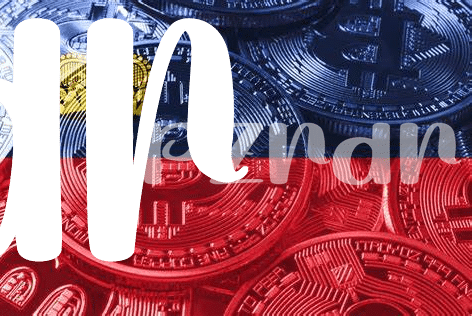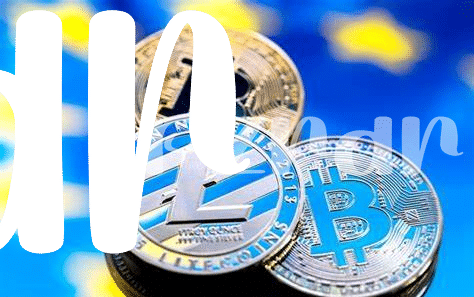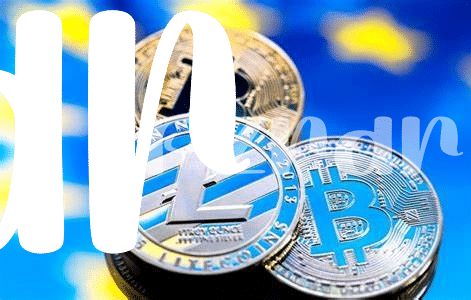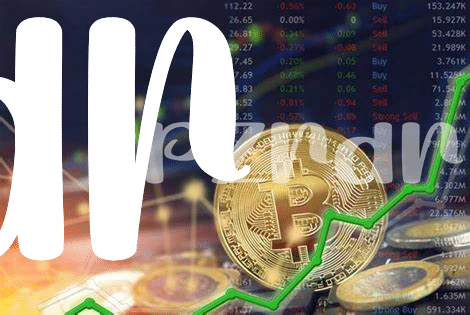Introduction to Digital Assets 🌐

Digital assets have revolutionized the way we perceive and interact with value in the digital age. Representing ownership or access rights on the blockchain, these assets encompass a wide range of forms, from cryptocurrencies like Bitcoin to tokenized securities and digital collectibles. They offer immense potential for facilitating peer-to-peer transactions, enabling decentralized finance, and unlocking new avenues for investment and fundraising. With the underlying technology continuing to evolve and innovate, the landscape of digital assets is dynamic and ever-expanding. Embracing this new paradigm requires an understanding of cryptographic keys, blockchain networks, and the principles of decentralization that underpin this burgeoning ecosystem. As we delve deeper into the realm of digital assets, the opportunities and challenges they present will shape the financial and technological landscapes of the future.
The Rise of Liechtenstein’s Regulatory Approach 🏛️
In recent years, Liechtenstein has established itself as a pioneer in the field of digital asset regulation 🏛️. With a forward-thinking approach and a commitment to fostering innovation, the small European country has developed a regulatory framework that accommodates the complexities of the digital asset landscape while providing a level of security and transparency for market participants. By embracing new technologies and working closely with industry stakeholders, Liechtenstein has positioned itself as a jurisdiction of choice for businesses looking to incorporate digital assets into their operations. The regulatory approach taken by Liechtenstein serves as a model for other nations seeking to strike a balance between regulatory oversight and technological advancement, paving the way for a more inclusive and dynamic digital asset ecosystem.
Benefits of Liechtenstein’s Framework 📈

Liechtenstein’s regulatory framework offers a unique and attractive environment for digital asset businesses to thrive. By providing clear guidelines and legal certainty, companies can operate with confidence, attracting investors and fostering innovation. One of the key benefits of Liechtenstein’s approach is its emphasis on investor protection, ensuring that market participants are safeguarded against potential risks. Additionally, the framework promotes transparency and accountability, enhancing trust in the ecosystem. Moreover, by embracing emerging technologies and supporting fintech initiatives, Liechtenstein is positioning itself as a hub for digital asset development and adoption. The streamlined processes and supportive regulatory environment contribute to a more efficient and cost-effective ecosystem, enabling businesses to focus on growth and expansion. Overall, the benefits of Liechtenstein’s framework highlight the country’s commitment to driving the future of digital assets in a sustainable and regulated manner.
Challenges and Possible Implications 💡

Digital assets continue to face various challenges and potential implications in their evolving landscape. Security concerns, regulatory uncertainties, and the risk of market manipulation are key hurdles that need to be addressed for the sustainable growth of digital assets. Additionally, the potential impact on traditional financial systems and the need for enhanced investor protection further complicate the adoption of these innovative assets.
As the industry progresses, it is crucial for stakeholders to collaborate effectively to navigate these challenges and mitigate any negative implications. Proactive regulatory measures, increased transparency, and ongoing education will be essential in shaping a resilient and secure environment for digital assets to thrive. By addressing these challenges head-on, the industry can unlock new opportunities and drive forward the future of finance. For a deeper look into the government stance on the future of cryptocurrencies in Lesotho, click government stance on the future of cryptocurrencies in Lesotho.
Future Innovations and Trends 🔮
In the rapidly evolving landscape of digital assets, Liechtenstein’s regulatory framework is poised to drive future innovations and trends. As the global economy shifts towards greater digitalization, the regulatory approach adopted by Liechtenstein is positioned to shape the emerging trends in this space. By providing a clear and conducive environment for the development and utilization of digital assets, Liechtenstein is fostering a culture of innovation and exploration within the realm of financial technology.
This forward-thinking regulatory model is expected to spur a wave of new technologies and applications in the digital asset space. From tokenization of assets to decentralized finance (DeFi) solutions, Liechtenstein’s framework is likely to pave the way for novel approaches to value exchange and financial interactions. As businesses and investors increasingly explore the potential of digital assets, Liechtenstein’s progressive regulatory stance is set to play a key role in shaping the future trajectory of this dynamic industry.
Closing Thoughts and Recommendations 🤝

In looking ahead, it is clear that Liechtenstein’s regulatory framework for digital assets sets a precedent for other jurisdictions to follow. The adaptability and forward-thinking nature of their approach provide a solid foundation for the evolving landscape of digital finance. To ensure continued success and growth in this sector, it is crucial for policymakers and industry stakeholders to engage in ongoing dialogue and collaboration. By fostering a nurturing environment that balances innovation with investor protection, Liechtenstein can maintain its position as a key player in the global digital economy.
For further insights into government stances on the future of cryptocurrencies, it is valuable to examine the perspectives in Lebanon as well as Kenya. Click here to explore the government stance on the future of cryptocurrencies in Lebanon and gain a deeper understanding of the regulatory landscape in this region.
